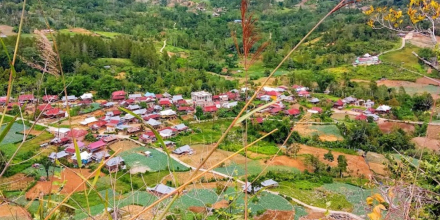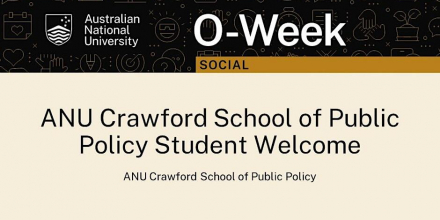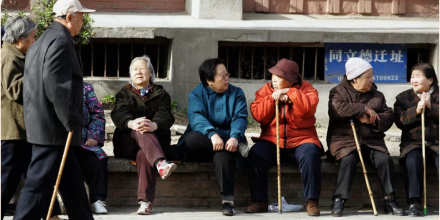Events
Indigeneity and religion in Dea Kaju: Living in mixed worlds
In Angge Buntu Dea Kaju, an indigeneous community in South Sulawesi, Pappasang and Pangngadarang are considered core wisdom. Pappasang is the set of norms passed down through generations and serves as guidelines in daily life, and Pangngadarang is the form of practical rules that have become traditions in various aspects of community life. Both wisdom guide the lives of Angge Buntu people, alongside Islamic teaching and practices.
Exploring unemployment and welfare through lived experience and policy narratives: what can lived experience knowledge offer welfare policy making in Australia?
This presentation showcases a PhD research project that explores what value (if any) insights from lived experience of long-term unemployment welfare can offer welfare policy making in Australia.
Impact of excess reserves on monetary policy transmission in PNG
The accumulation of excess reserves in PNG’s banking system may have undesired implications on the effectiveness of monetary policy transmission. Thomas Wangi discusses his paper which employs a structural VAR model to measure flow-on effects of positive shocks to excess reserves and the lending rate.
Addressing the rising revenue requirements with minimal welfare consequences
This paper investigates a simplified life-cycle model incorporating entrepreneurial activity to determine tax policies that achieve specific revenue targets.
Crawford School Student Welcome
Our signature event, the Crawford School Student Welcome, will bring together our entire student, academic and professional community, marking the start of a new semester.
Deficit financing strategy and fiscal sustainability in Bangladesh
Mohammad Mahabub Alam presents his research on deficit financing and fiscal sustainability in Bangladesh.
Partisan alignment, insurgency and public safety: evidence from the Indian Red Corridor
This seminar explores the effect of political alignment on public safety in India.
2024 CAP Professorial Lecture Series: Weaponised economics and restoring the global economic order
Explore the impact of weaponised economics and pathways to restore global economic stability in this insightful lecture by Professor Shiro Armstrong at the 2024 CAP Professorial Lecture Series.
The Retirement Income, Consumption and Home Equity in China
Tunye Qiu presents his research on China’s retirement income, consumption and home equity.
Energy Transition: Academic Workshop on Public Policy Challenges
This is the first academic workshop on public policy challenges as part of a collaboration between the Department of Management and Public Policy (Univeritas Gadjha Mada) & the Crawford School of Public Policy (Australian National University)
The theme for this workshop is Energy Transition. The format is relatively informal with speakers from each institution making some short opening remarks, followed by open discussion about the topic, and potential collaborations.
De-routinization of jobs and the distribution of earnings: A cross-country comparison
This seminar investigates job de-routinization, job polarization, and their potential ramifications for earnings distributions.
Updated: 27 July 2024/Responsible Officer: Crawford Engagement/Page Contact: CAP Web Team






















